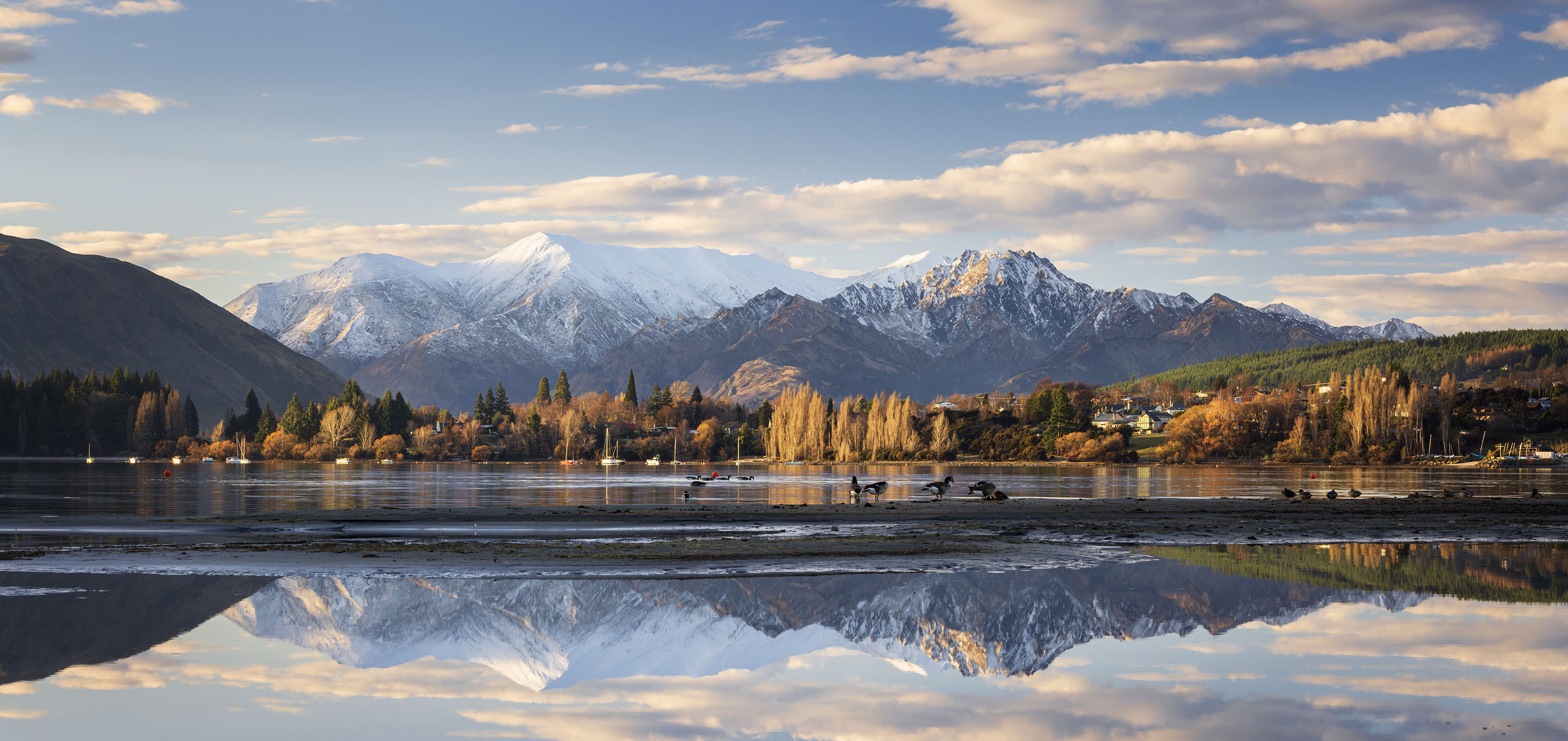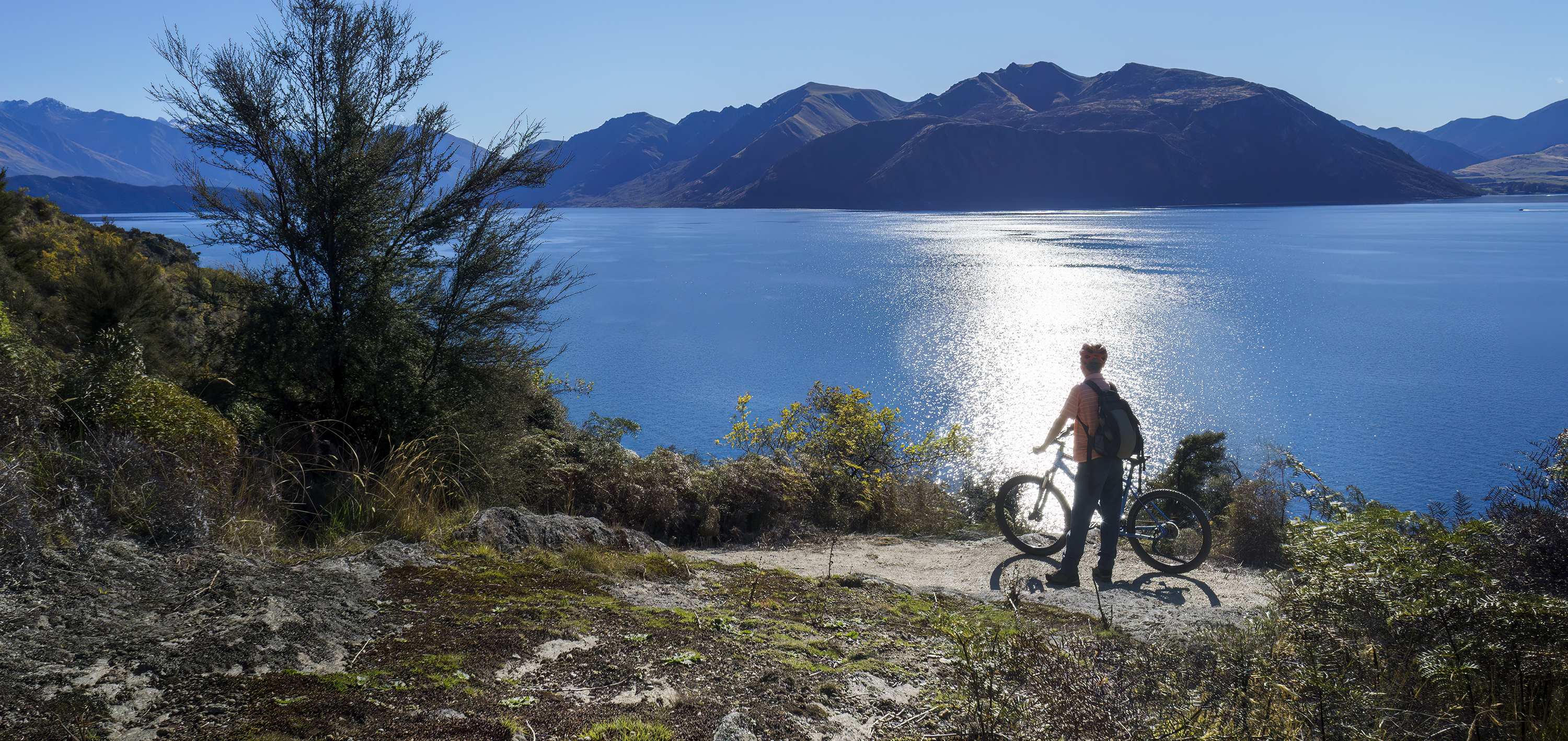Forsyth Barr Central Otago
The Big Switch
Access to cheap, reliable energy is essential for economic growth and, since the industrial revolution in the 18th and 19th century, much of that cheap, reliable energy has come from fossil fuels. That’s been great for human progress, but it’s come with a few nasty side effects.
Unfortunately, Central Otago does not have access to cheap energy. Instead, locals pay some of the highest prices in the country for petrol, diesel, bottled gas and grid electricity. But there is a new game in town and it’s a massive opportunity for the region to change that.
As author Bill McKibben says: "We live on a planet where the cheapest way to make power is to point a sheet of glass at the sun. That's the most interesting new fact of this decade, maybe of this century so far, but it hasn't sunk in yet."
Mike Casey, who runs the world’s first all-electric orchard near Cromwell, has shown what’s possible when you generate your own cheap solar energy and store it in batteries. Compared to the status quo, running his 21 electric machines largely on the sun saves over $40,000 per year on diesel. He also gets paid to export excess energy and has slashed his emissions by 95%.
Productivity is all about doing more with less. New Zealand has always been a laggard on this front, but one of the biggest productivity opportunities we have is to upgrade our inefficient fossil fuel machines and power them with a combination of rooftop solar, batteries and our highly renewable grid.
Casey believes New Zealand could become the world’s most electric economy and this region could lead that charge. For some, that requires us to think big as we have in the past and build more expensive poles, wires and power plants, but it’s also about thinking small.
Lots of a little is a lot and households, farms and businesses with solar, batteries and electric vehicles can save money, strengthen the energy system and make more efficient use of our existing infrastructure.
Central Otago is among the best places in New Zealand for rooftop solar. Higher than average incomes mean we’re doing better than many other regions in terms of adoption, but we’re still only at around 10% of all connections (Australia is closer to 40%), so there’s plenty of room for growth.
At Forsyth Barr we often tell our clients to ‘invest in the life you want’ and an average home that invests in a heat pump for space and water heating, an induction cooktop, an electric vehicle, and solar and batteries will save around $4,000 per year on their energy bills. These electric machines come with higher upfront costs but they are much cheaper to run and that adds up to big savings over their lifetime.
As the price of fuel and grid electricity rises, the economics of going electric keep improving, but this is also about residents doing their bit to improve the region’s resilience, energy security and self-sufficiency.
If the roads are closed for a few weeks after a major earthquake and the fuel trucks aren’t able to get in, or the main transmission line goes down and we can’t access grid electricity, the economy would quickly grind to a halt. A log burner might be able to keep you warm for a while, but it’s not going to keep your business running on second gear, your food frozen or your devices charged. During Cyclone Gabrielle, homes and businesses with this capability played an important role as the infrastructure was repaired.
Like the roads, poles and wires are built to handle the busiest times and, as the region grows, more pressure is being put on them. Every home with a battery reduces the strain on that infrastructure because they can remove themselves from the peak and, in the future, electric cars that can be plugged in to power your home and feed energy back into the grid will also play a very important stabilising role.
While Casey’s orchard uses around 900% more electricity than the previous farmer, he doesn’t use any more at peak times and his batteries can power around 20 homes in the area, so his investment has also been a net positive for the region.
Upgrading our region’s homes, farms and businesses to electric machines will help bring down bills for households, lower the costs for everyone else on the network, make businesses more productive, slash emissions and create a more resilient region. That’s one hell of a win-win-win-win-win. But, like investing, it requires us to take a long-term view.
To talk investment - either for yourself or the region – get in touch with us at Forsyth Barr Investment Advice Central Otago on 03 443 2980.
Read more - Share our Knowledge articles

Health is wealth, so where's the investment?

The Long and the Short of It

Onwards and Upwards

Laws of Attraction

Happy Trails

The gift that keeps on giving

Due South
Your Central Otago Investment Specialists
Interested in investing with us?
Please head to our online enquiry form to fill out your details and how we can help you. An investment adviser nearest to you will be in touch to discuss next steps.